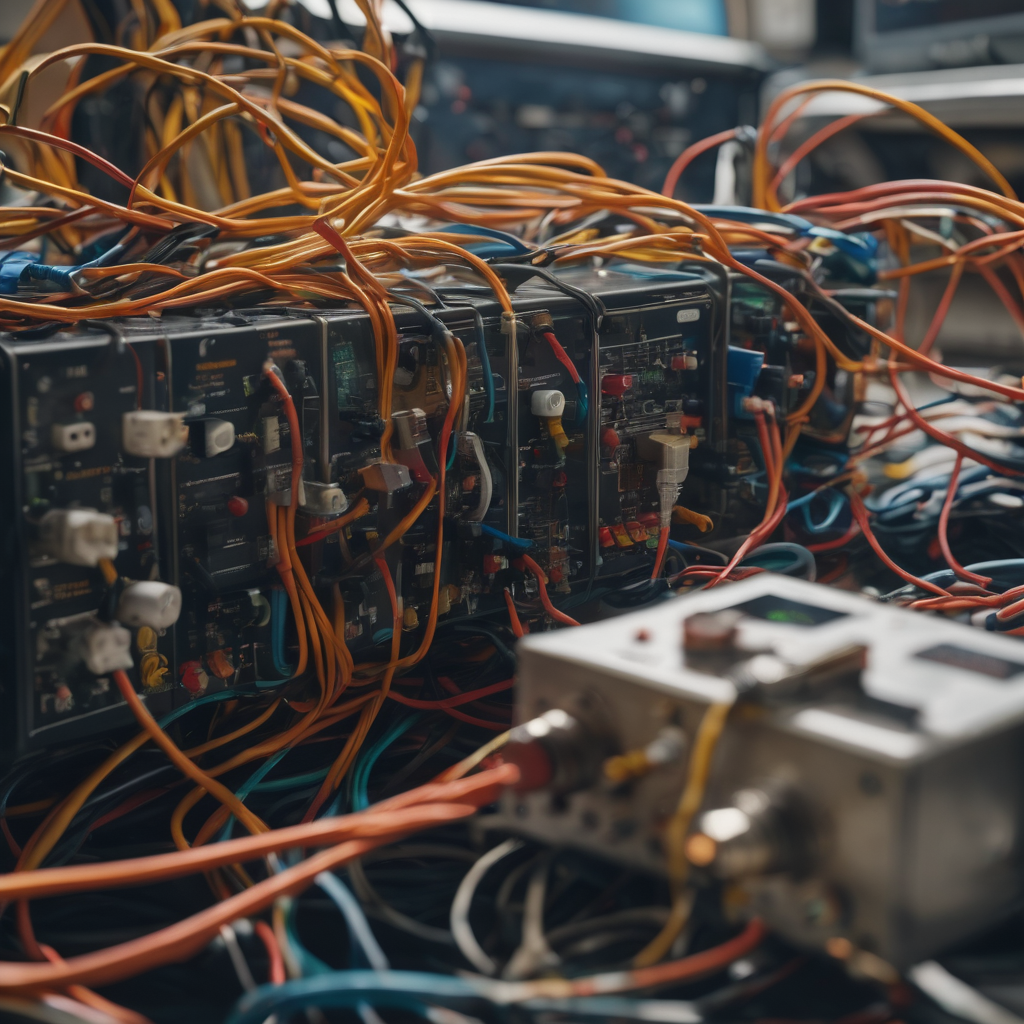In the realm of professional audio, achieving pristine sound quality is paramount. While factors like microphone selection, room acoustics, and recording techniques play significant roles, the foundation of a stellar audio setup lies in proper grounding and powering.
The Role of Grounding: Eliminating Noise and Interference
Grounding serves as the backbone of noise reduction in a studio environment. It establishes a common electrical reference point, effectively eliminating ground loops – unwanted currents that cause hum, buzz, and other undesirable noise artifacts. Proper grounding ensures that audio signals remain clean and uncontaminated, allowing the true essence of the performance to shine through.
Powering Up: Providing Clean and Stable Electricity
A studio's electrical system plays a crucial role in delivering consistent, stable power to sensitive audio equipment. Fluctuations in voltage can introduce distortion, degrade sound quality, and even damage delicate electronics. Dedicated power circuits, isolated from general building power, provide a clean and reliable source of electricity, ensuring optimal performance for all studio gear.
The Impact on Pro Audio Equipment
High-quality audio equipment is particularly susceptible to noise and power fluctuations. Improper grounding and powering can lead to a range of issues, including:
-
Hum and buzz: Ground loops, resulting from differences in electrical potential between different pieces of equipment, can manifest as unwanted noise in the audio signal.
-
Distortion and coloration: Voltage fluctuations can cause signal distortion, altering the original timbre and frequency balance of the audio.
-
Equipment damage: Power surges and spikes can damage delicate electronic components in studio gear, leading to costly repairs or replacements.
Implementing Proper Grounding and Powering Practices
To achieve a noise-free, reliable audio environment, consider the following practices:
-
Ensure proper grounding: Use heavy-gauge ground wires to connect all studio equipment to a common grounding point.
-
Isolate power circuits: Dedicate separate power circuits for audio equipment, avoiding shared circuits with other appliances or lighting.
-
Utilize power conditioners: Employ power conditioners to filter out noise, regulate voltage, and protect equipment from surges and spikes.
-
Regularly check connections: Inspect ground connections and power cables periodically to ensure they remain secure and free of damage.
Conclusion: A Sound Investment for Studio Excellence
Investing in proper grounding and powering practices is an essential step towards achieving the highest standards of audio quality in a studio setting. By eliminating noise, ensuring stable power delivery, and protecting sensitive equipment, you lay the foundation for pristine audio productions that truly capture the essence of the performance.
